All Formats & Editions
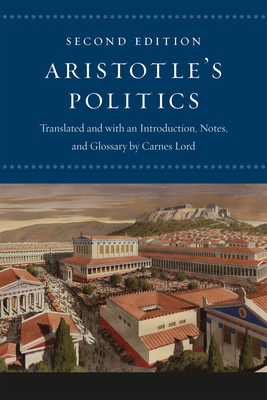
Aristotle's Politics: Second Edition
One of the fundamental works of Western political thought, Aristotle's masterwork is the first systematic treatise on the science of politics. For almost three decades, Carnes Lord's justly acclaimed translation has served as the standard English edition. Widely regarded as the...
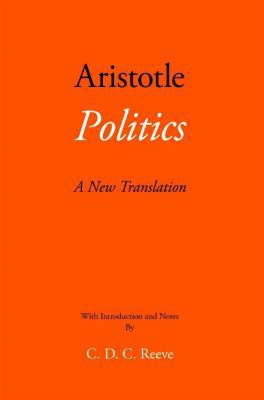
Politics: A New Translation
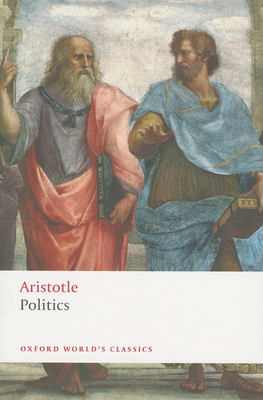
Politics
The Politics is one of the most influential texts in the history of political thought, and it raises issues which still confront anyone who wants to think seriously about the ways in which human societies are organized and governed. By examining the way societies are run--from...
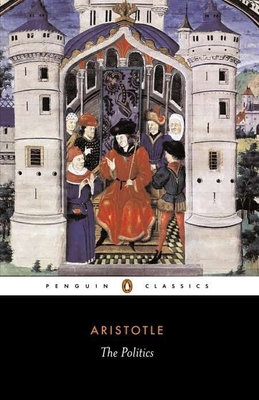
The Politics
"Man is by nature a political animal" In The Politics Aristotle addresses the questions that lie at the heart of political science. How should society be ordered to ensure the happiness of the individual? Which forms of government are best and how should they...
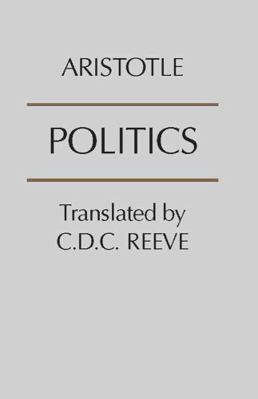
Politics
No other English-language translation comes close to the standard of accuracy and readability set here by Reeve. This volume provides the reader with more of the resources needed to understand Aristotle's argument than any other edition. An introductory essay by Reeve situates...
![Politics [Greek, Ancient (to 1453)] 0674992911 Book Cover](https://i.thriftbooks.com/api/imagehandler/l/C0F591AEB1386E9FE86E31B001B29573D4499BBD.jpeg)
Politics [Greek, Ancient (to 1453)]
The natural state of mankind.
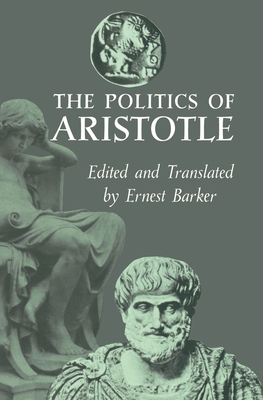
The Politics of Aristotle
![Política [Spanish] 1517767148 Book Cover](https://i.thriftbooks.com/api/imagehandler/l/9E385AAAAA37B072175C826042520CB8DAD736FF.jpeg)
Política [Spanish]
La obra titulada Pol tica ha ejercido una enorme influencia en la historia del pensamiento occidental, desde los comentarios de santo Tom s de Aquino hasta la reivindicaci n que de ella hacen los comunitaristas modernos. En ella, Arist teles, tras distinguir de las diversas clases...
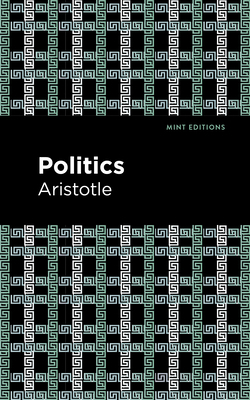
Politics
Similar to Nicomachean Ethics, Aristotle explores another facet of good living by outlining the best governing practices that benefit the majority, and not the minority. In The Politics, he defines various institutions and how they should operate within an established...

Politics (Dover Thrift Editions: Philosophy)
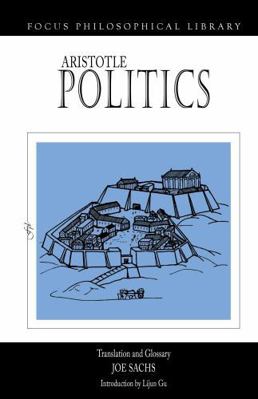
Politics
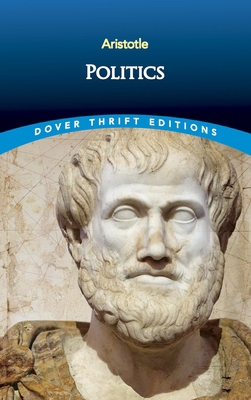
Politics
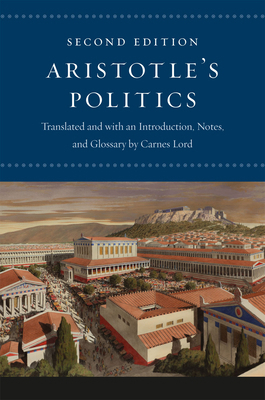
Aristotle's Politics: Second Edition
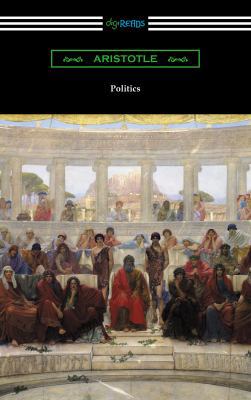
Politics (Translated by Benjamin Jowett)
Greek philosopher and scientist, Aristotle, lived in the 4th century B.C. and is thought of as one of the most important figures from classical antiquity. Aristotle was probably the most famous member of Plato's Academy in Athens, whose writings would ultimately form the first...
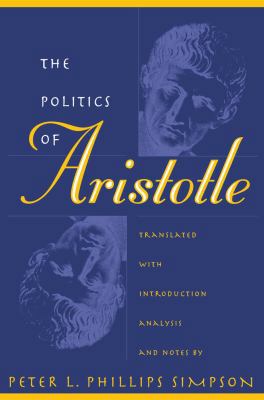
Politics of Aristotle
A touchstone in Western debates about society and government, the Politics is Aristotle's classic work on the nature of political community. Here, he argues that people band together into political communities to secure a good and self-sufficient life. He discusses the...
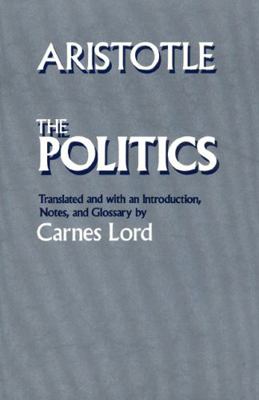
The Politics
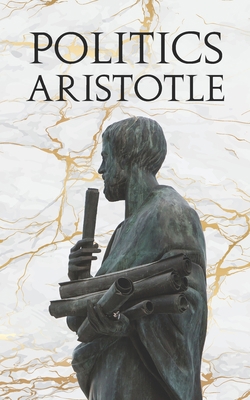
Politics
![Politica [Greek, Ancient (to 1453)] 0198145152 Book Cover](https://i.thriftbooks.com/api/imagehandler/l/3E89371EFA94632C97ECC96C9993BF2205A8972F.jpeg)
Politica [Greek, Ancient (to 1453)]
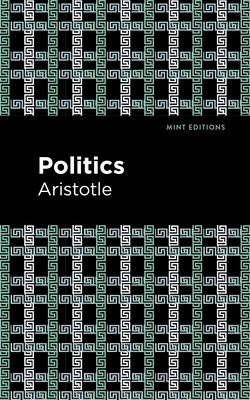
Politics
Similar to Nicomachean Ethics, Aristotle explores another facet of good living by outlining the best governing practices that benefit the majority, and not the minority. In The Politics, he defines various institutions and how they should operate within an established...
![Pol [Spanish] 1720281149 Book Cover](https://i.thriftbooks.com/api/imagehandler/l/678B5D9804A70F71C90F1C461D87B5E30EFE6E2B.jpeg)
Pol [Spanish]
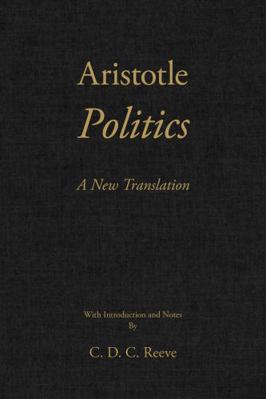
Politics: A New Translation
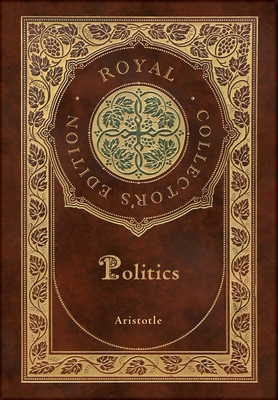
Politics (Royal Collector's Edition) (Case Lami...
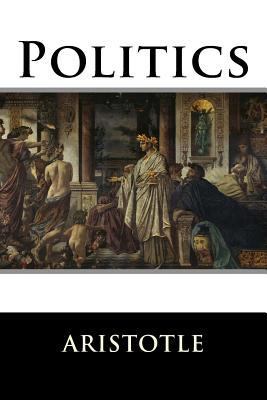
Politics
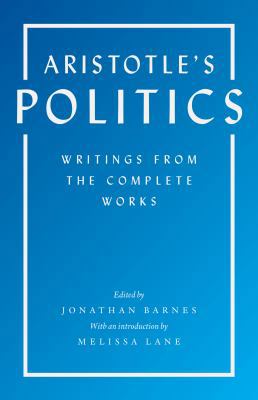
Aristotle's Politics: Writings from the Complet...

Politics
The end of the Nicomachean Ethics declared that the inquiry into ethics necessarily follows into politics, and the two works are frequently considered to be parts of a larger treatise, or perhaps connected lectures, dealing with the "philosophy of human affairs." The title of...



